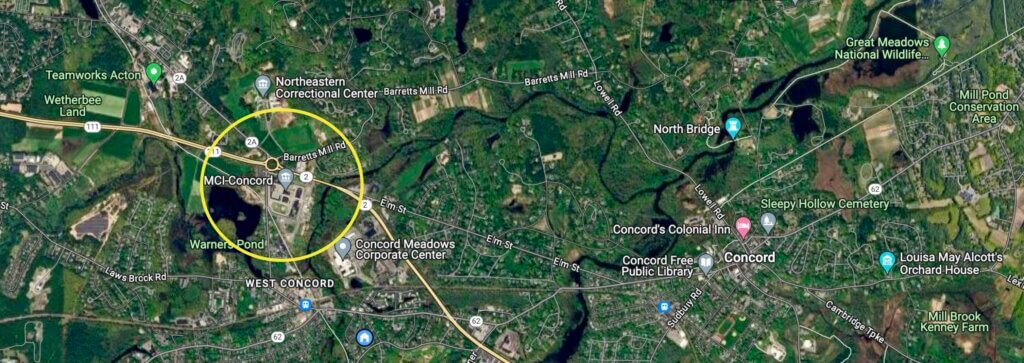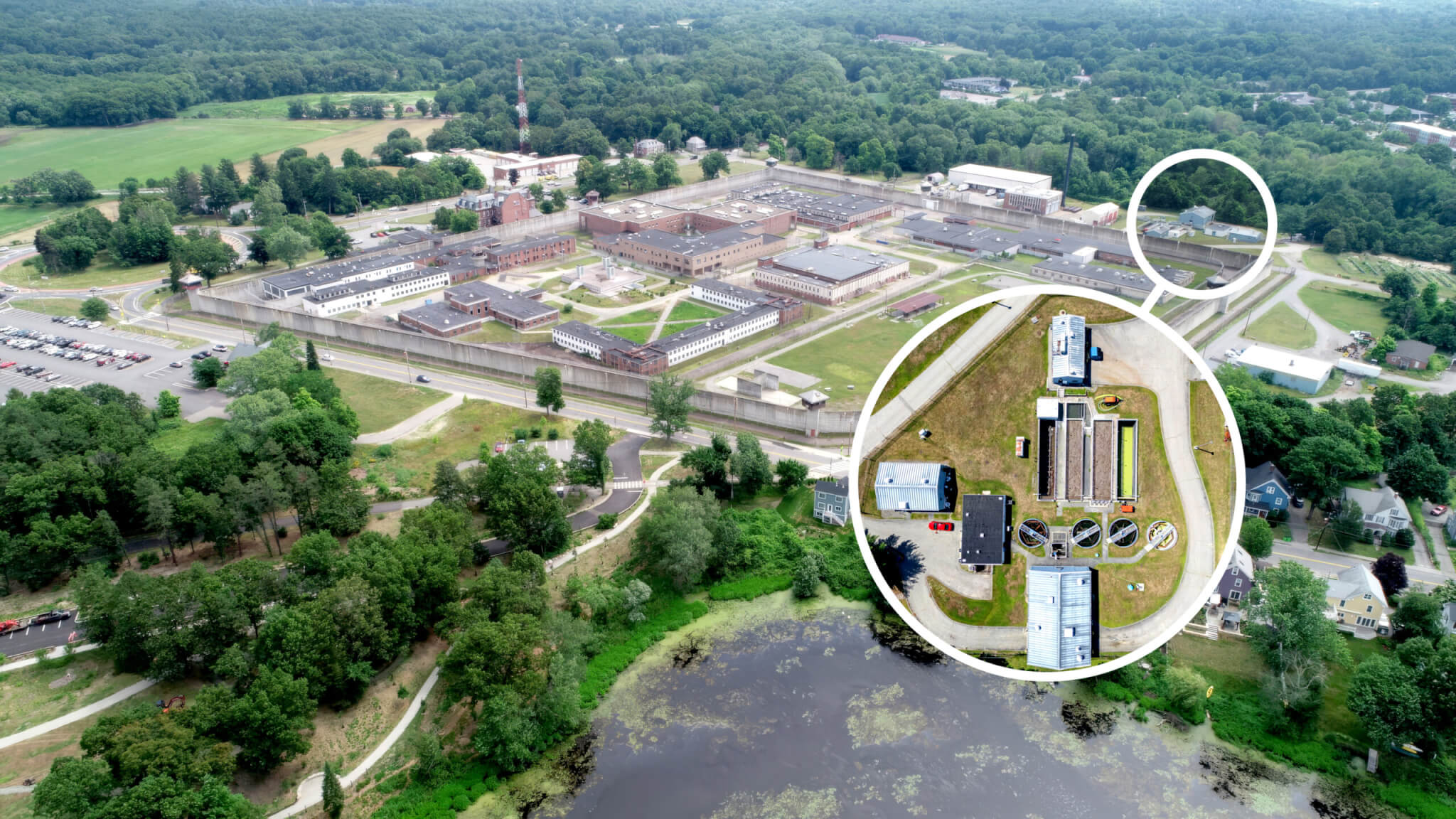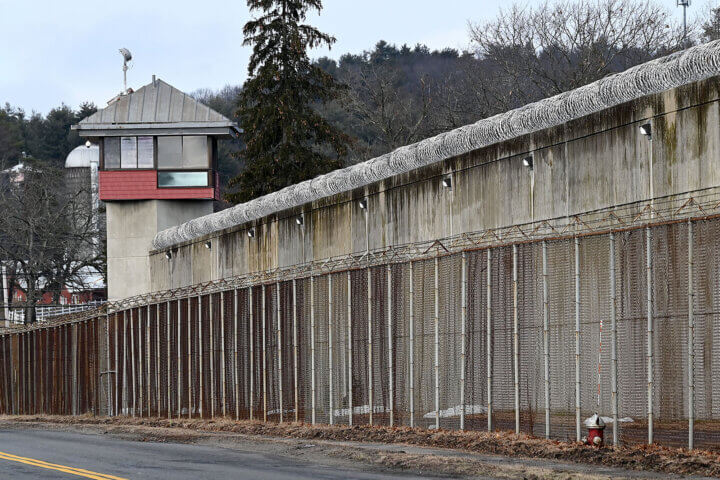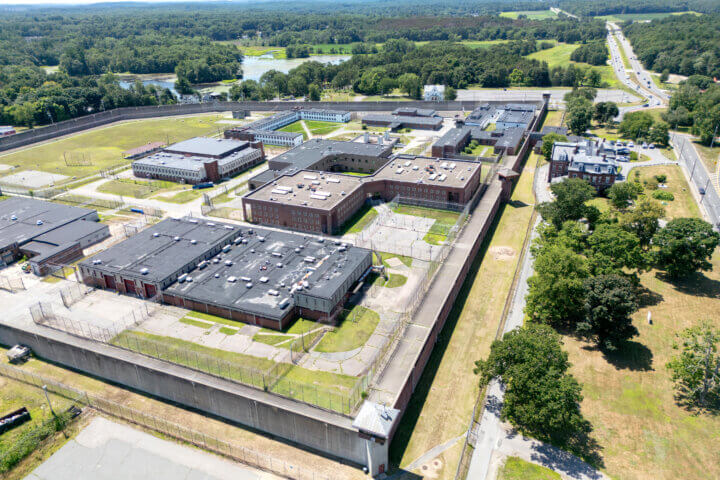By Erin Tiernan — Erin@concordbridge.org
One wrinkle constraining potential development at MCI-Concord and beyond: how to deal with wastewater.
The town’s existing treatment facility is limited by its capacity to collect and treat wastewater and discharge effluent, and pipes and sewers are not connected to MCI-Concord, which ran its own plant.
Concord now has the option to purchase the treatment facility already operating at the 37-acre prison property and run it as a public utility. The town’s right of first refusal for ownership of the wastewater plant was outlined in legislation that dictates the closure of the prison and the property’s future redevelopment.
Offer on the table
In an August 28 letter to the Select Board, state Division of Capital Asset Management and Maintenance Commissioner Adam Baacke formally offered to convey the prison treatment plant to the town, opening the door to negotiations.
Town staff confirmed receipt of the offer letter, which was expected. In an August meeting of the MCI-Concord Advisory Board, town staff said they would update members “on the evaluation of both the facility and their understanding of what’s in the offer.”
The advisory board was to meet on September 9, after The Concord Bridge went to press.

The timeline for the facility’s sale is outlined by legislation that gives the town 180 days to respond. “The goal is not to have a full agreement in place by the end of the 180 days but to agree to begin to negotiate on a real estate agreement,” town government’s Shannon McAndrew said during a recent board meeting.
The offer expires on February 24.
Final say
If the Select Board greenlights the purchase, Concordians will ultimately decide the deal’s fate at Town Meeting next year.
Some of the negotiation points are outlined in the August letter from DCAMM.
The state-operated treatment facility primarily handled the wastewater of the now-shuttered prison, but it continues to service other nearby state facilities. Among them: Northeastern Correctional Center on Barretts Mill Road, the Concord State Police Barracks on Elm Street, and the Massachusetts Department of Transportation Elm Street Facility, which the state offer indicates would be the case on a “long-term basis.”
The state’s terms would require the town to continue to “prioritize and satisfy the wastewater needs” of these and other state facilities. It also lays out what the town could charge for processing the waste.
Town staff and board members plan to vet the offer letter and assess the condition of the facility in the coming months before responding to the state.






